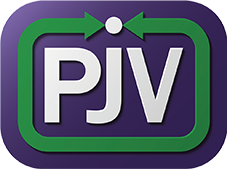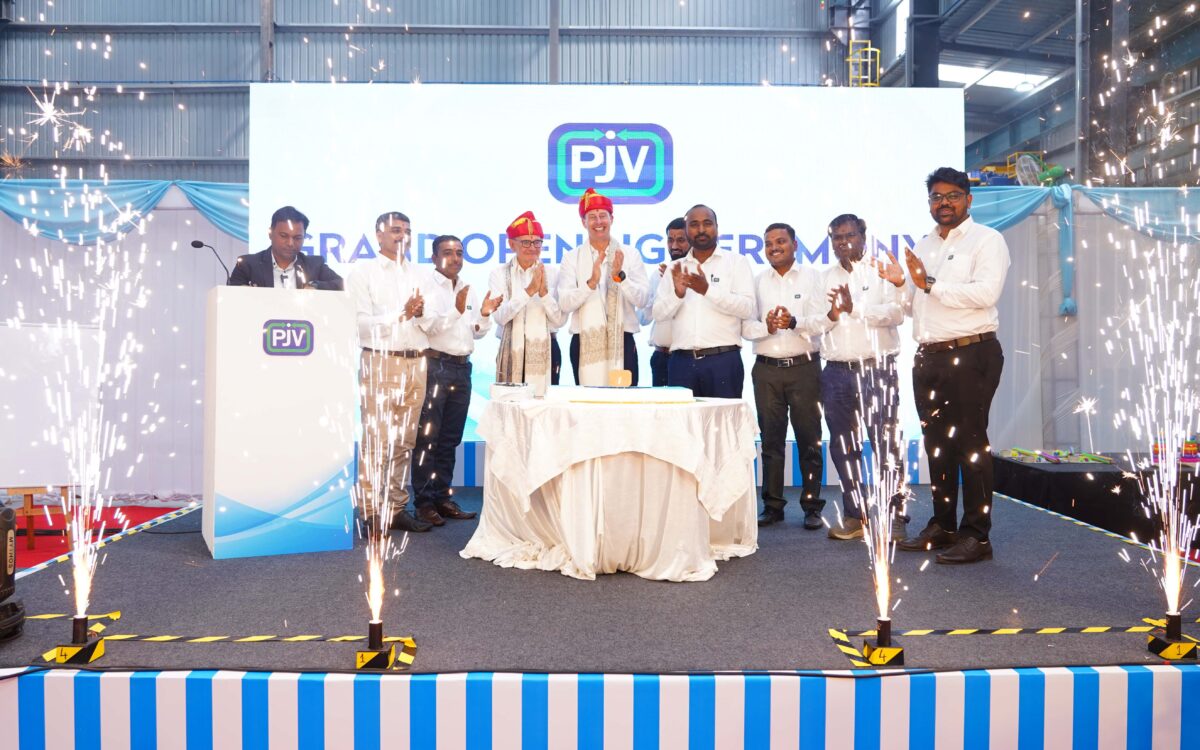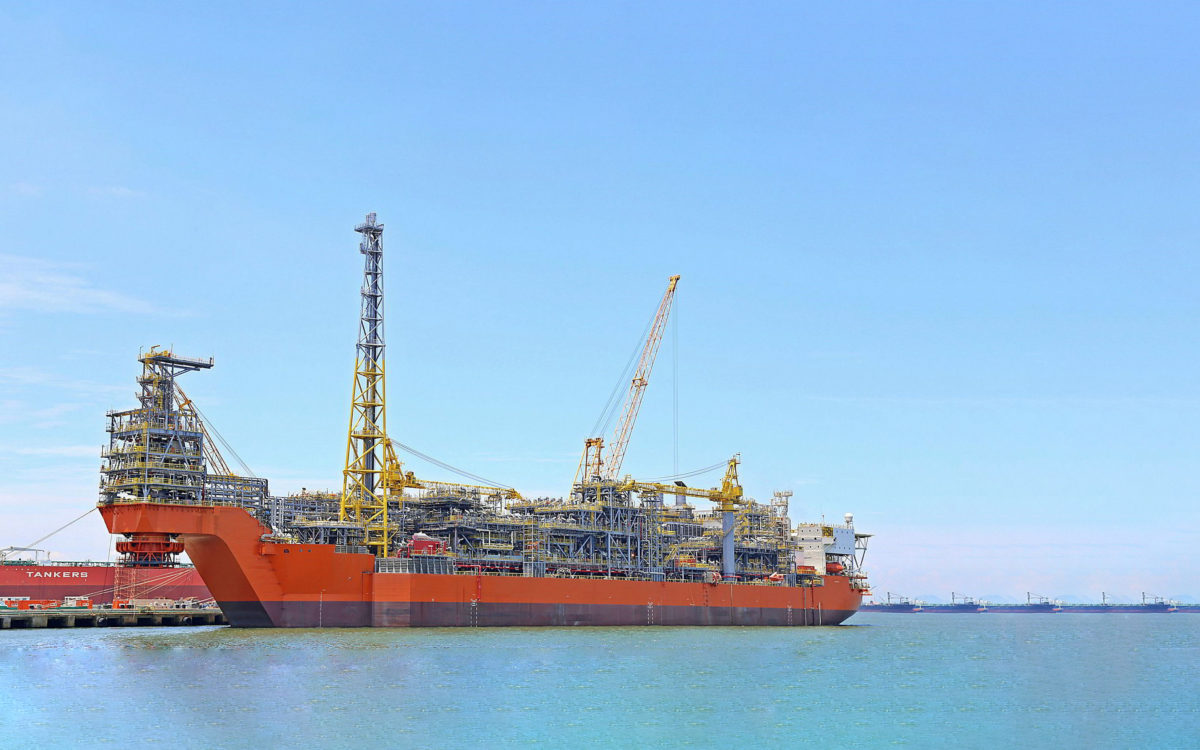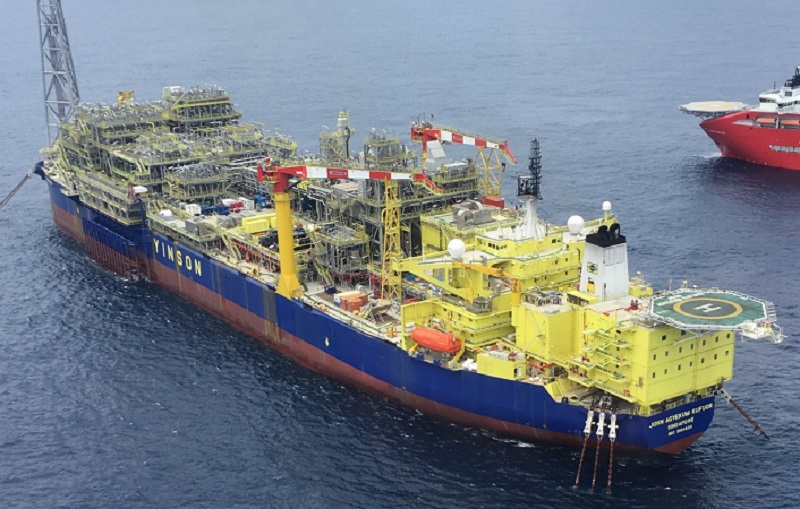If a word is overused enough, it begins to lose a sense of its original meaning. Think of the word ‘awesome’, casually deployed for anything slightly positive. Over time, a once-grand word has lost its connection with the idea of awe.
In the oil and gas industry, we risk doing the same with the word “partnership”. We loosely describe anyone we work with as a partner, when in reality the relationship is often transactional. In fact, far too often, the customer-supplier relationship is actually adversarial. The relationship is imagined as a zero-sum game, where whatever one side gets, the other has to concede. Want cheaper components? The supplier needs to sacrifice some margin. Need to manufacture according to a longer lead-time? The customer has to give ground on delivery.
But I don’t think it has to be that way. I think there is a partnership model for the industry that respects the true meaning of the word. And I think that model has the potential to move us past zero-sum thinking, to a point where the customer-supplier relationship delivers results greater than the sum of its parts.
The model partnership
I picture this model as a pyramid. At the base – the foundation – are the basics of being a good supplier. Think on-time delivery, competitive price and a comprehensive product range. Next, add a layer of higher value characteristics that boost the value of a supplier: a customer-first culture, technical expertise and an element of problem solving, for example.
The upper two layers are what begin to change a supplier to a partner. At the penultimate layer you begin to integrate with customer processes, train customer staff, stock customer-specific products and challenge and improve customer specifications. Then, at the pinnacle of partnership, suppliers and customers can jointly develop new products, enter new markets and develop new capabilities.
Are these revolutionary concepts unheard of to the business world before? No – yet we rarely see these individual activities stitched together into something greater than the sum of its parts.
But we should, because it works. At PJV, we are still working towards the very top of this model, but we already have some incredible success stories. Only recently a partner came to us with a scope specifying 1,500 different valve types. By working with them and applying our in-house expertise, we were able to reduce that to 193. That equates to savings counted in the millions when the direct and indirect costs of complexity are measured.
What’s stopping us?
In the oil and gas industry, we are typically quite slow to change. Some may bristle at that, pointing out feats of engineering and the current digitalisation trend. I agree wholeheartedly, but compare us to a tech start-up and tell me we’re a fast-moving sector!
Of course, we don’t want to be too fast – safety is paramount for us so the ‘move fast and break things’ maxim is a poor fit. And we’ve been tremendously successful. But my point is that we lack that internal impetus to change, and improve slowly as a result – other than when an external impetus like the 2014 crash pushes us.
And an external impetus is coming. Like it or not, the direction of travel is clear and we will see changes like carbon taxes squeeze the sector. We should innovate ahead of time and be ready for disruption.
After all, why wait to be better? Ask yourself, if you were a bank in 2019, would you rather be an aging, creaking giant of the old guard, or a challenger bank like Monzo, snapping up their market-share and attracting multi-billion-dollar valuations? We can take that approach in oil and gas.
We can learn from our colleagues in renewables here. Faced with subsidy rollback, the sector has learned to be ruthlessly efficient with both clever engineering and contracting practices. We can do the same.
Because technology isn’t the problem. We have a sector packed with world-class engineering that is rapidly digitalising. We could, for example, fit valves with inexpensive sensors to feedback performance in the field. Using that data, we could iteratively improve design and performance over product generations.
However, that exercise needs a long-term partnership to deliver value to both sides. We need a customer that will allow the data to be fed back, and work with us on future generations to assess improvement. That customer would need assurances from us on data confidentiality and long-term collaboration so that they reap the value of that improved performance.
Or, look at the innumerable hours wasted across the industry owing to a lack of standardisation for technology and data formats. What if there was a little more collaboration and this time was freed up for useful purposes?
The key that can unlock these improvements – this ability to change in response to and in advance of headwinds – is partnership. Real partnership. That’s what allows us to grow and evolve as an industry. However, we are all too often held back by outdated ideas of the customer-supplier relationship as a zero-sum game.
That’s why I invite the industry to talk to us. We have a partnership model that I believe can make a real difference, but in the spirit of partnership, we of course welcome discussion.
As humans we love to make things better, to improve things that benefit everyone. That feels right. I suspect it’s why many of us entered the industry, whether as engineers, project managers or consultants. We do it for components, so let’s do it for the customer-supplier relationship.










